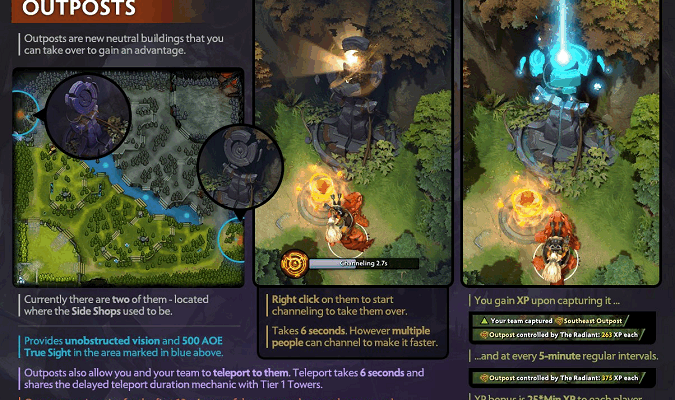Recent performance dips by the Dota 2 squad 4Pirates shed light on a pervasive, yet often unacknowledged, challenge in competitive gaming: the relentless grind and its impact on player well-being.
In the high-stakes, fast-paced world of professional esports, success is often measured by consistent tournament participation and victories. However, the Russian organization 4Pirates recently offered a candid explanation for their team`s subdued performance in the latter stages of the CCT Season 2 Series 4 Dota 2 competition: an overwhelming schedule leading to player fatigue.
The Confession: When Quantity Trumps Quality
Reaching the 5th-6th place at CCT Season 2 Series 4 is by no means a failure for many teams, but for a professional squad with ambitions, it represents a missed opportunity, especially when pitted against formidable opponents like L1ga Team and the eventual champions, OG. Following this run, 4Pirates took to their Telegram channel to clarify the situation, admitting to an overzealous approach to their competitive calendar.
“This season, we took on many tournaments, which undoubtedly affected our mental state. This was an important lesson: not to do this in the future and to concentrate on training. Unfortunately, this also affected the result, but we are not stopping — many victories are still ahead. We want to express special gratitude to everyone who supported us during the broadcasts. The Pirates continue to search for their style, and we hope they will demonstrate it to you soon.”
This statement offers a rare glimpse behind the curtain of competitive gaming, where the pursuit of prize money and glory can sometimes overshadow the crucial need for player recovery and strategic preparation. It`s a stark reminder that even digital gladiators require time away from the arena.
From Triumph to Tribulation: A Rapid Decline?
The recent CCT performance stands in curious contrast to 4Pirates` earlier success. Just weeks prior, on August 24, the team clinched a significant victory at the Sber Russian Cup 2025, securing a ₽1 million prize fund. This rapid swing from top-tier performance to a more middling result underscores the precarious balance pro players must maintain.
Winning a national cup and then struggling on an international stage suggests that the problem wasn`t a lack of skill or potential, but rather a depletion of the mental and emotional reserves necessary for sustained high-level play. The human element, even in esports, remains paramount.
The Broader Implication: Mental Health in Esports
4Pirates` experience isn`t an isolated incident; it resonates with a growing discourse around mental health in professional esports. The demanding nature of the scene — characterized by long practice hours, constant travel, intense pressure, and a seemingly endless stream of tournaments — can lead to burnout, stress, and diminished performance. Unlike traditional sports, esports often lacks a distinct off-season, meaning players are almost constantly in competition or intensive training.
Organizations and players are increasingly recognizing that neglecting mental well-being is not just a personal issue but a strategic blunder. A fatigued mind cannot make split-second decisions effectively, cannot maintain peak focus, and ultimately, cannot win consistently.
Charting a New Course: Finding Their Style Amidst the Waves
The team`s closing remark, “The Pirates continue to search for their style,” carries a subtle irony. Perhaps their previous “style” was simply an unsustainable pace. This incident serves as a crucial learning experience, prompting a necessary re-evaluation of their operational strategy. Moving forward, 4Pirates indicates a shift towards prioritizing focused training over sheer volume of tournaments, a common-sense approach that can sometimes be lost in the competitive fervor.
This commitment to a more measured approach, if implemented effectively, could see 4Pirates not just `finding their style,` but truly defining a sustainable path to consistent high performance. It`s a journey many esports teams are, consciously or not, embarking on – learning that even digital piracy requires a well-rested crew and a clear map, not just boundless ambition.
Conclusion: A Lesson for the Entire Esports Ecosystem
The 4Pirates` story is a valuable case study for the entire esports ecosystem, from aspiring professionals to established organizations. It highlights the critical importance of balancing competitive drive with player welfare and strategic scheduling. For teams to truly thrive and achieve long-term success, acknowledging and addressing the mental and physical toll of the relentless tournament circuit is no longer optional; it is an absolute necessity.
As esports continues its meteoric rise, ensuring the longevity and well-being of its stars will be as vital as the prize pools they chase. 4Pirates has offered a timely, albeit hard-won, lesson: sometimes, to truly win, you first need to know when to rest.









